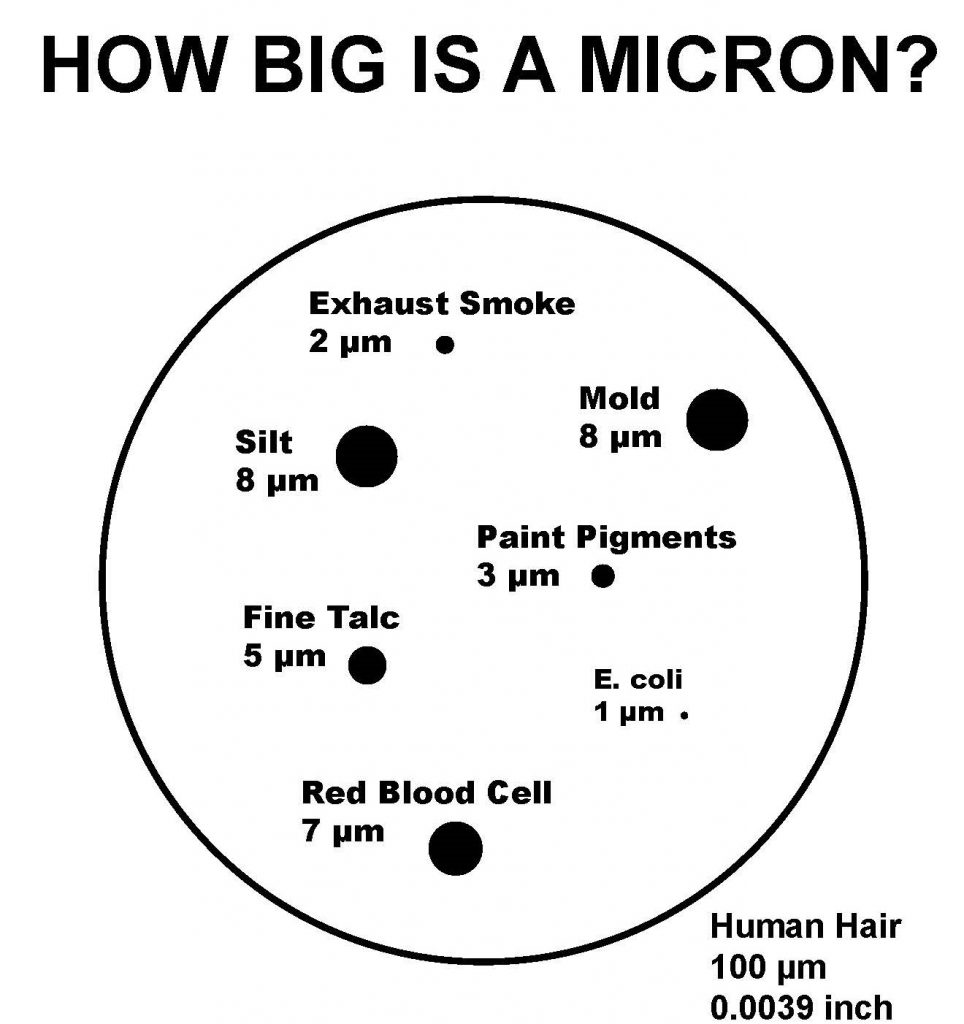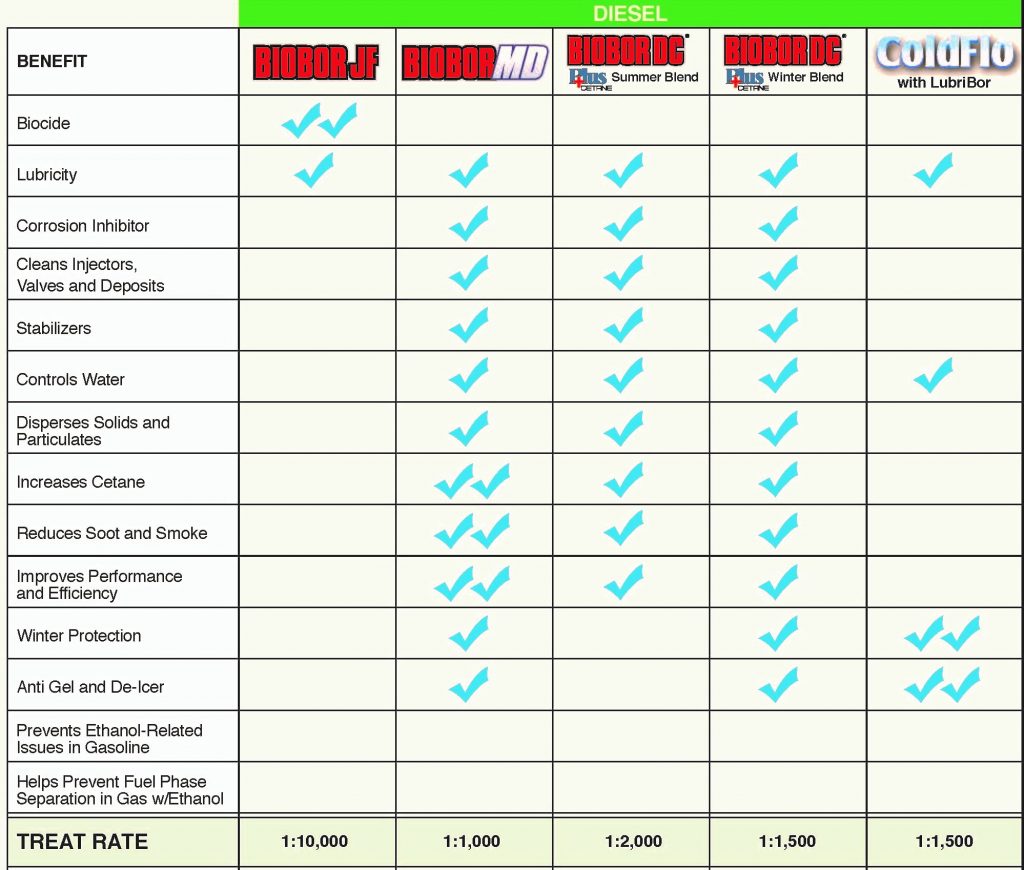Diesel fuel quality should be a concern for everyone. Today’s diesel engines are designed for high performance. They are built with high pressure fuel pumps and tighter tolerance injectors. What does this mean to your construction and farm equipment? It means any dirt, water or microbial contaminants present will damage those very expensive injectors as well as the entire fuel system.
Contaminants as small as 2 microns create a significant problem. How small is 2 microns? To put it in perspective, a hair can be as much as 100 microns across and the perfect human eye can see objects as small as 40 microns. Microbes can be as big as 5 microns and water droplets, undetected by the human eye, range from 1 to 100 microns. All of these will damage your equipment if left in the fuel.

Most equipment fuel filters can only filter down to 30 microns. Some have been retrofitted with special upgrades to filter smaller contaminants but not small enough to help if fuel is left unmanaged. Fuel quality is not guaranteed. Recent studies agree that a majority of diesel fuel pumped at retail or found at commercial and agricultural fuel facilities does not meet engine manufacturer’s specification. Furthermore, the same studies show that fuel aging has already began to take its toll. To make matters worse, the fuel is almost guaranteed to have some level of microbial contamination. So what do you do? Answer, start managing your fuel quality. Sound complicated? It can be, but with a little help from the the folks at Hammonds Fuel Additives, you will be well on your way to quality diesel fuel and saving money.
Steps to Managing Equipment Diesel Fuel
- Know what’s in your tank. What does your diesel look like? Is it dark and dirty or is it clear? If it looks bad it is bad. However, looks can be deceiving. You might pull a sample that looks quite clear and clean. In a recent national study 94% of the nozzle samples taken were clear and clean and yet still contained microbes. Over 67% of those same tanks had bottom samples taken that failed clarity testing. Make sure you know what’s in your tank.
- Use Biobor JF to kill microbial contamination and preserve the fuel from future contamination issues. It can be used in all the fuel, all the time or it can be used as a quarterly treatment. You decide what works best. Using Biobor JF will also reduce wear scar – it’s a lubricity additive! SInce most fuel is contaminated, the sure way of protecting your investment is to use Biobor JF.
- Use Biobor fuel additives to help keep you system clean, extend filter life, control water, prevent corrosion, improve performance and prevent fuel degradation. Did you know that over 63% of the fuel tested failed stability testing? A multi-functional fuel additive like Biobor DC+Cetane Summer Blend, Biobor DC+Cetane Winter Blend and Biobor MD will correct the problems associated with bad fuel.
- Clean your fuel and tank as necessary. Over time, contaminants will accumulate that need to be removed. Plan for a yearly cleaning to reduce maintenance costs.

Share the Post








